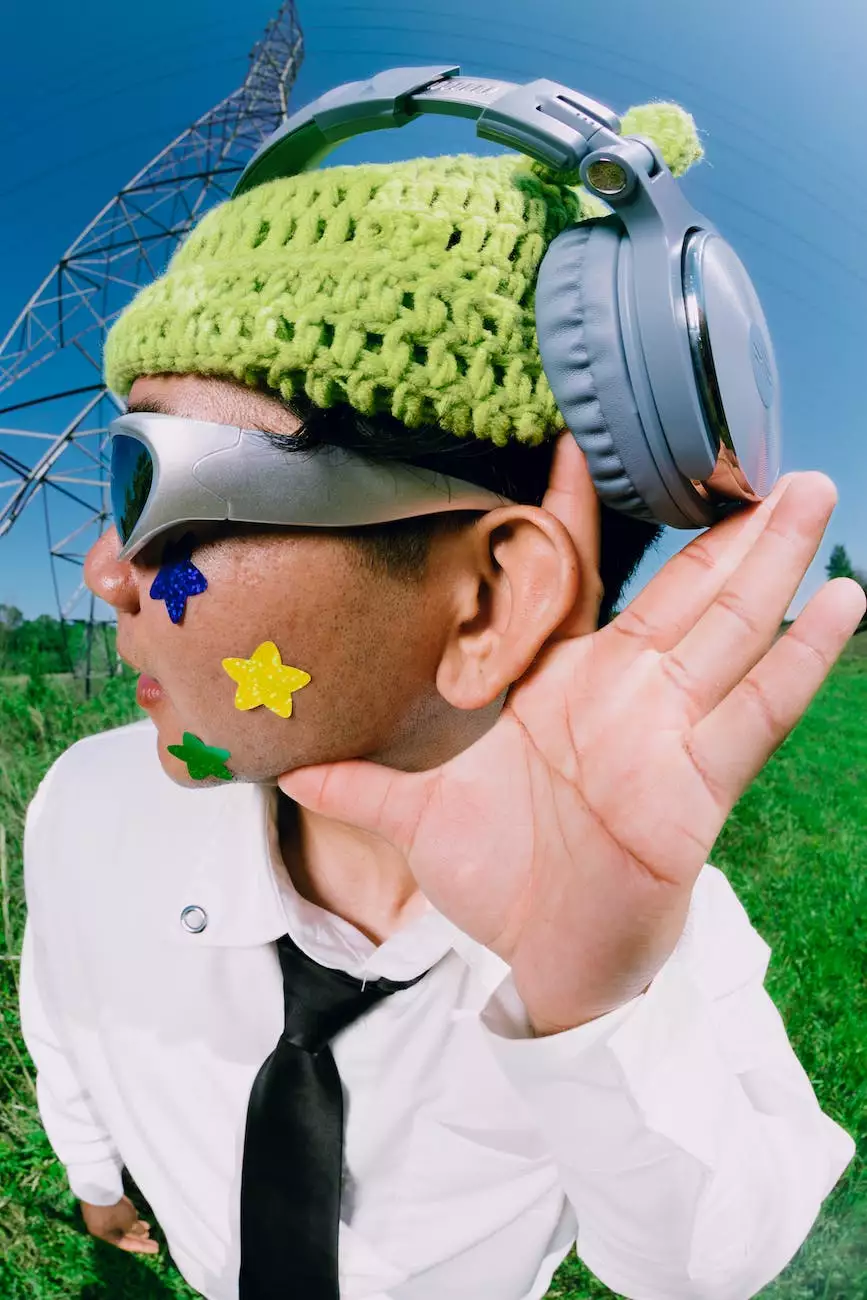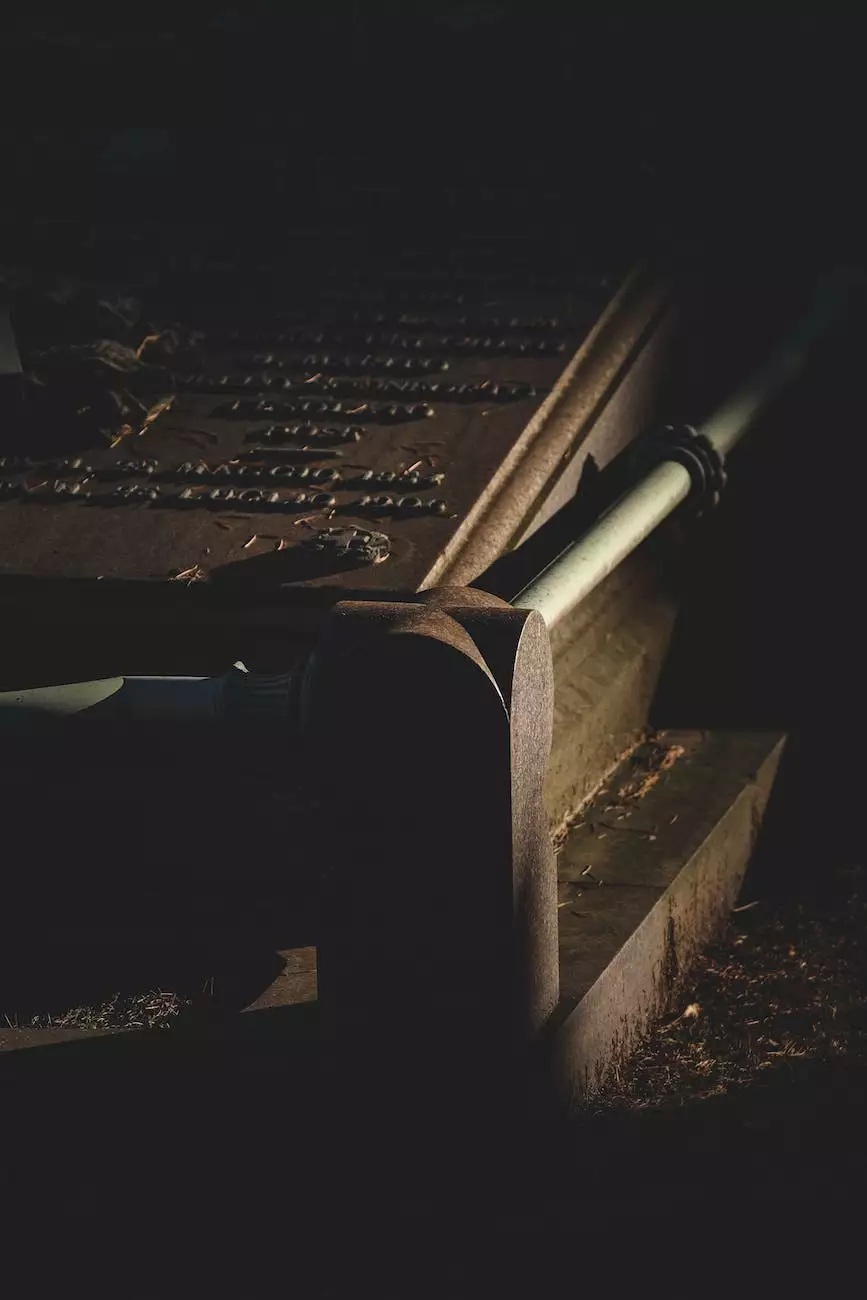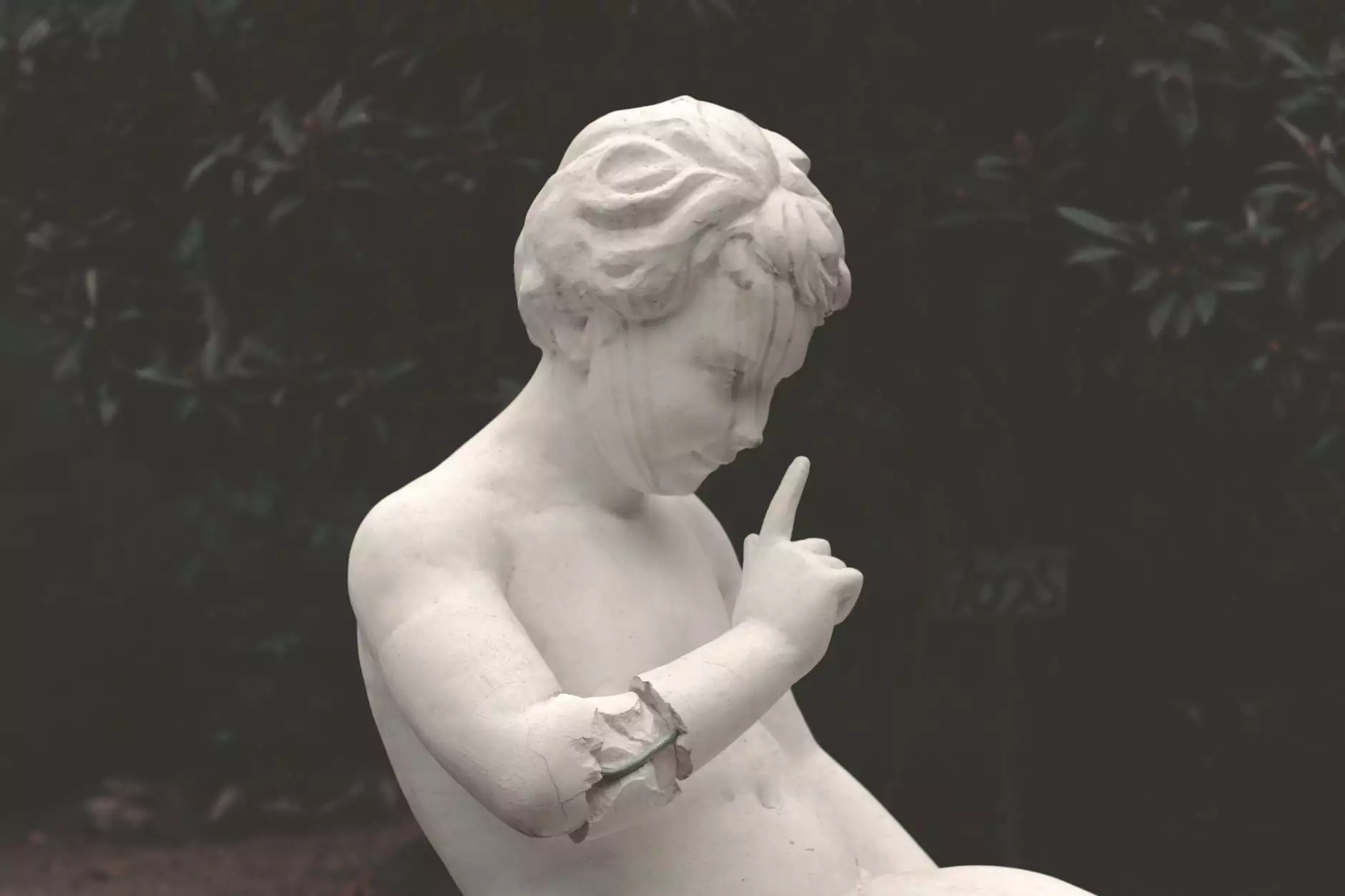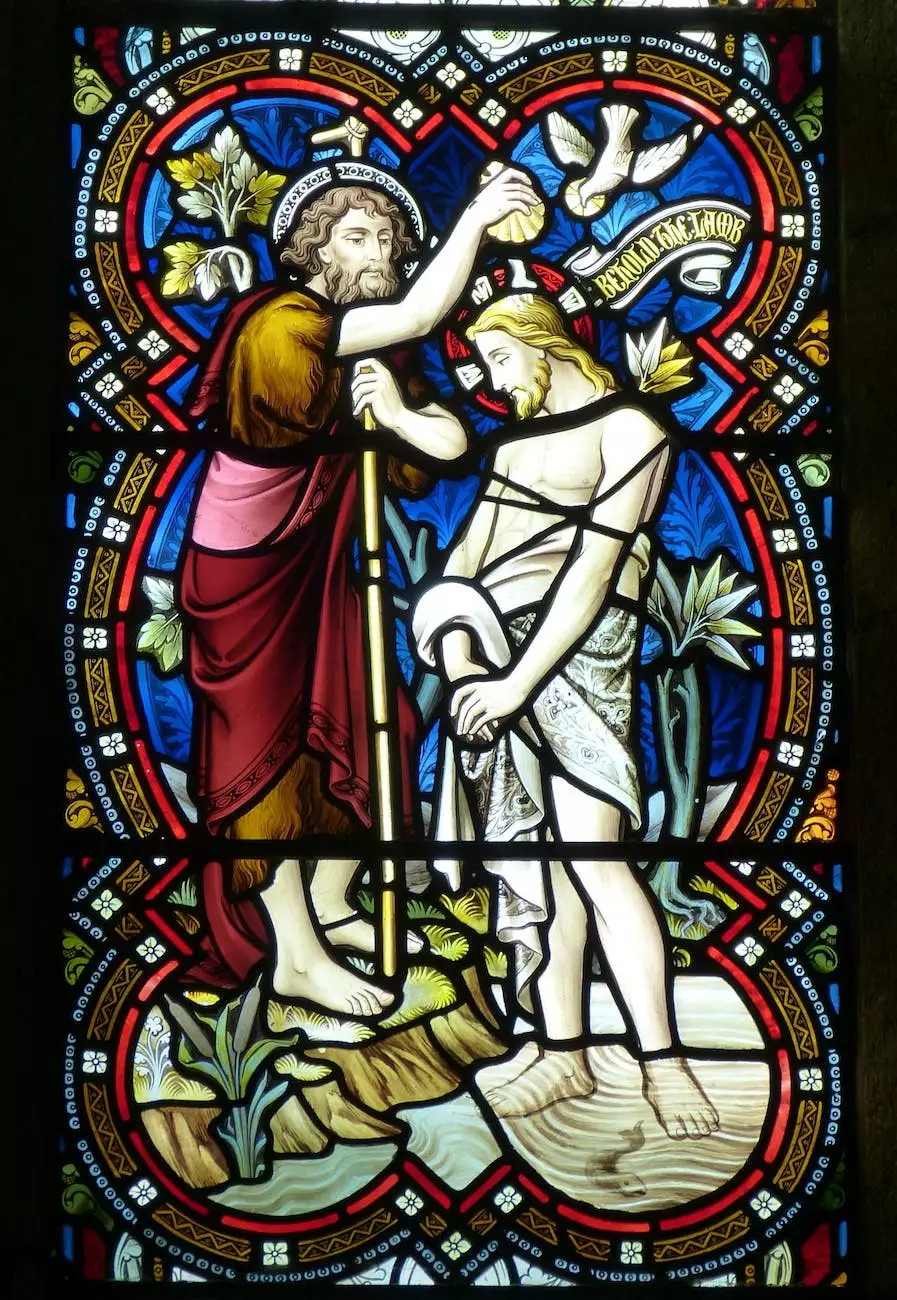The Merry Christmas Law: Is Christmas Allowed in Public?

Introduction
Welcome to the informative page on conroeattorneyjones.com, where we delve into the legalities surrounding the celebration of Christmas in public spaces. As a leading expert in law and government legal matters, James D Jones is here to provide you with detailed insights into The Merry Christmas Law.
Understanding The Merry Christmas Law
Christmas is a widely celebrated holiday that brings joy and cheer to millions around the world. However, questions often arise regarding the appropriateness of Christmas displays and celebrations in public areas.
The Merry Christmas Law refers to a set of legal considerations and regulations put in place to maintain a balance between the right to religious expression and the separation of church and state. It is essential to understand the legal boundaries surrounding public Christmas displays to avoid any potential conflicts.
Public Displays and Celebrations
Public spaces, such as parks, town squares, and government buildings, often feature Christmas decorations and celebrations during the holiday season. These displays are intended to create a festive atmosphere and foster a sense of community.
In accordance with The Merry Christmas Law, public displays should adhere to certain guidelines to ensure they do not violate the principles of religious neutrality. Such displays should include elements that represent various faiths and cultures, promoting inclusivity and diversity.
Legal Considerations
When analyzing the legality of Christmas celebrations in public spaces, several factors come into play:
First Amendment Rights
The First Amendment of the United States Constitution protects the freedom of speech and religion. It grants individuals the right to express their religious beliefs, including the celebration of Christmas, in public areas. However, this right must not infringe upon the rights of others or promote government endorsement of a specific religion. The Merry Christmas Law ensures a fair balance.
The Lemon Test
The Lemon Test is a legal framework used to determine whether a government action violates the Establishment Clause of the First Amendment. It states that a government practice or display must meet three criteria:
- The primary purpose of the practice must be secular in nature.
- The practice must not excessively promote or inhibit religion.
- The practice must not foster excessive entanglement between religion and the government.
Applying the Lemon Test helps courts decide whether a Christmas display or celebration in a public space is constitutional.
Legal Precedents
Over the years, several court cases have shaped the legal landscape surrounding Christmas displays in public areas. These precedents guide legal professionals in interpreting and applying The Merry Christmas Law.
One notable case is Doe v. Smallville City, in which the court ruled that a Christmas display featuring a nativity scene, accompanied by symbols from other religious and secular winter traditions, did not violate the Establishment Clause. The court considered the display to have a secular purpose and be inclusive of various faiths.
Navigating Legal Challenges
While The Merry Christmas Law strives to provide guidance, legal challenges may arise in specific situations. It is crucial to consult an experienced attorney who specializes in law and government legal matters, such as James D Jones. With years of expertise, James is equipped to address your concerns and provide personalized advice tailored to your unique circumstances.
In Conclusion
Christmas celebrations in public spaces can coexist with legal considerations, preserving both individual rights and the principles of religious neutrality. The Merry Christmas Law provides a framework that accommodates diverse traditions and beliefs.
For accurate legal advice and professional guidance on navigating The Merry Christmas Law, trust James D Jones, your go-to attorney for law and government legal matters.










